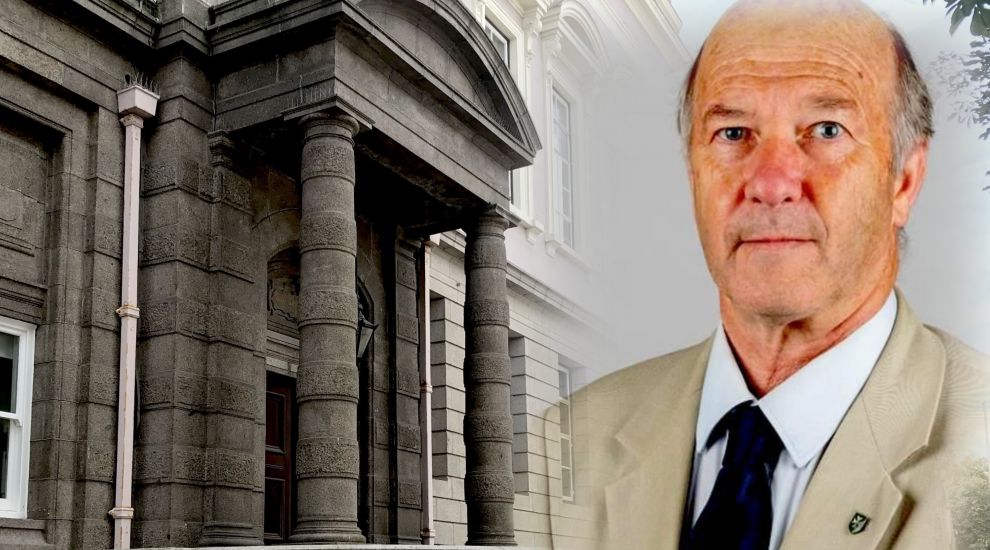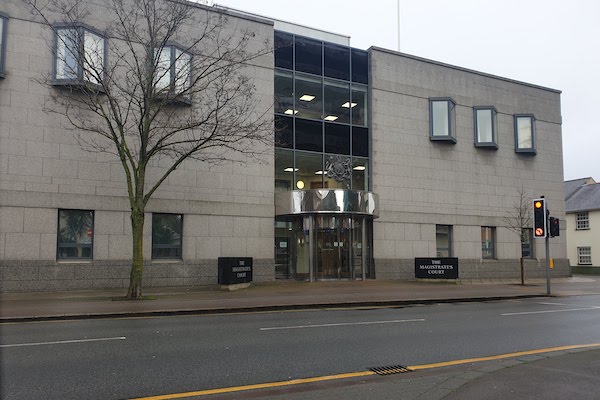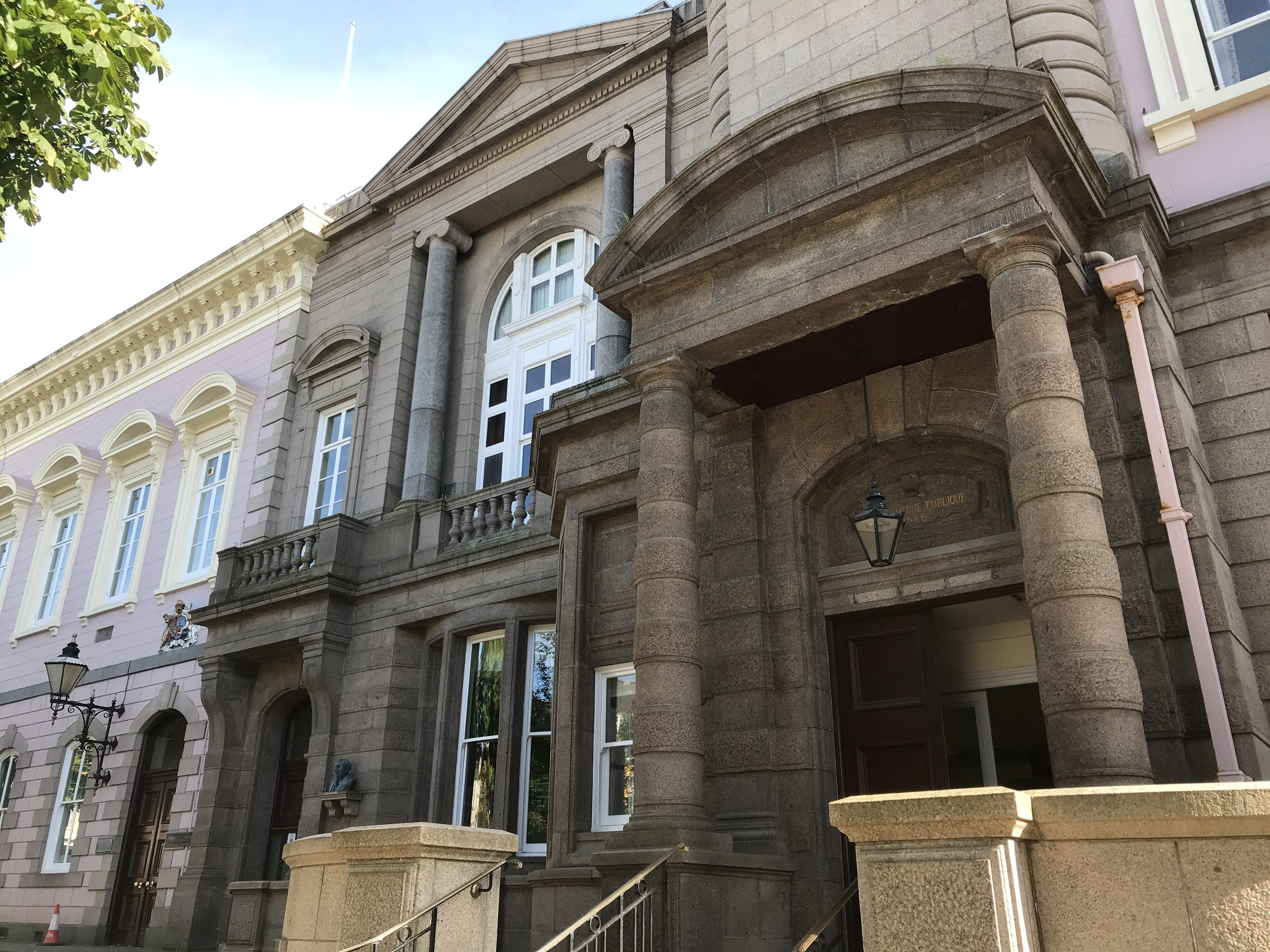

The conduct of the Constable of St. John and two parish officials in relation to his dangerous driving case and use of parish finances for legal fees has been referred to the Royal Court.
The Royal Court has an "inherent supervisory jurisdiction" over the Connétables and other officers, including the Procureurs du Bien Public, who are responsible for managing parish accounts.
The Court has been asked to decide whether Chris Taylor's actions which led to his conviction for dangerous driving fell short of the standards expected of him and constitute a breach of his oath of office.
In addition, the Attorney General, Mark Temple, has asked the Royal Court to consider whether the Constable and two of the parish’s Procureurs, Stephen Hewlett and Michel Larose, failed in their duty to protect the parish’s finances.
In a written representation to the Royal Court, the Attorney General noted that Constable Taylor had been convicted of dangerous driving by Relief Magistrate Sarah Fitz after a trial on 20 August.

Pictured: Constable Chris Taylor was convicted of dangerous driving in Magistrate's Court.
The prosecution’s case was that he had slowly and repeatedly driven his car into a cycling race marshal’s legs on La Rue de Bechet es Cats in Trinity in an attempt to move him out of the way.
The prosecution also said the Constable had been angry and had raised his voice, twice telling the marshal and his associate that he was the Constable of St. John.
After hearing from both race marshals and Constable Taylor himself, the Relief Magistrate said the latter had used his vehicle “at best as intimidation and at worst as a weapon”, describing the risk of injury to the marshal as “obvious.”
She also found Constable Taylor’s repeated assertion that he was the Constable of St. John to be “an inappropriate assertion of power and authority.”
She concluded his evidence was not plausible and that there were significant inconsistencies in the accounts he gave.
She therefore disqualified him from driving for 18 months, handed out a £4,000 fine and ordered Constable Taylor to pay £800 towards the prosecution costs.
Pictured: The Attorney General's representation also refers to the use of Parish funds to cover the Constable's legal fees.
The Attorney General’s representation also refers to the fact Parish funds were used to pay £7,431.64 in legal fees to BCR Law after they defended the Constable's charge of dangerous driving.
The document states the first cheque of £2,921 was paid on 9 March before the Constable and two of the Parish’s Procureurs du Bien Publique, Stephen Hewlett and Michel Larose, had received confirmation from the Parish’s insurers that the criminal defence legal fees would be covered fully, or in part.
While the insurance company eventually agreed to “consider reasonable costs”, BCR Law’s invoices and timesheets show the firm’s hourly rate “comfortably exceeded £100 per hour”, the hourly rate they set.
According to the representation, St. John’s Rector and both Churchwardens asserted that during the 15 July Parish Assembly, Mr Hewlett had stated that the Parish had sought and received legal advice "from the Attorney General" regarding whether parish funds should be used to pay the legal fees.
“A request by them to see the advice was met with silence,” the document adds. “In fact no legal advice on this issue was ever sought from the Attorney General or his department, and no advice was given.”

Pictured: The Royal Court will hear the representation at a later date.
The fees were eventually paid back by the Constable on 23 July, minus the GST. “No explanation has been provided as to why the Parish has had to absorb the GST element of these legal fees,” the representation states.
The Attorney General has therefore asked the Royal Court to consider three matters.
They will be asked to consider Constable Taylor’s “conduct which gave rise to the conviction for dangerous driving together with the Magistrate’s conclusions as to his evidence” and whether he has breached his oath of office.
In addition, the Attorney General has asked the court to consider whether all three respondents fell short of their duties as custodians of the Parish’s finances “through using Parish funds to pay for [Constable Taylor’s] legal expenses, and/or seeking to claim on the Parish’s insurance policy, and/or claiming to have taken legal advice from the Attorney General."
His third request is that the Royal Court convenes the trio "in order to determine what, if any, action should be taken in respect of each of them."
The matter will be heard by a panel of jurats known as the Inferior Number in the Royal Court at later date.
Comments
Comments on this story express the views of the commentator only, not Bailiwick Publishing. We are unable to guarantee the accuracy of any of those comments.